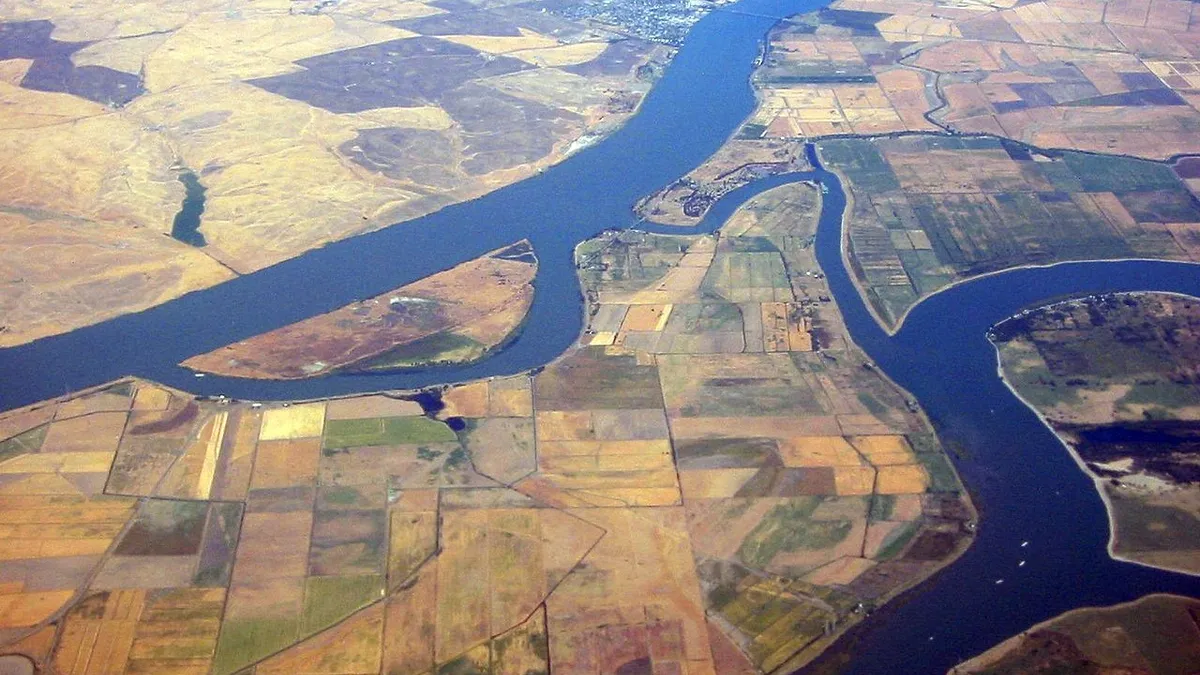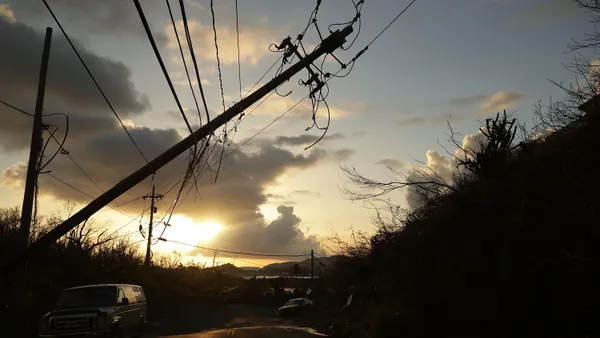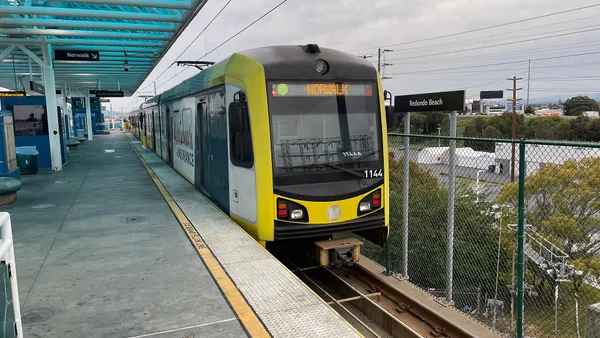Dive Brief:
- In a letter of interest to the Environmental Protection Agency, the first step in applying for a Water Infrastructure Finance and Innovation Act of 2014 loan, the agency now in charge of the San Joaquin River Delta dual-tunnel project — also known as California WaterFix — wrote that inflation has pushed estimated costs to $19.9 billion, a 22% increase from its previous projection of $16.2 billion, according to The Sacramento Bee.
- The Delta Conveyance Finance Authority wrote to the EPA that it was interested in a $1.6 billion WIFIA loan and that the revised estimate represents the impact of inflation on costs through the 16-year construction timeline, using the original projections made in 2014. The authority assumed an annual inflation rate of 1.5%, although inflation ended 2017 at 1.8% and is currently at 2.1% this year, according to the Bureau of Labor Statistics. Because the increase is not a result of budget overruns or design issues, officials told The Bee that it's unlikely that the extra costs will prevent the project from moving forward.
- California WaterFix, which will see the construction of two, 30-mile tunnels to better manage the flow of water south, is not only facing inflation-related problems. Environmentalists and others have filed lawsuits against the project, and although the Metropolitan Water District of California has agreed to contribute almost $11 billion toward costs, other agencies have been dragging their feet on confirming their share of financing.
Dive Insight:
The EPA received 62 letters of interest for this year's round of water infrastructure loan awards, the vast majority from municipal government agencies. Total requests add up to a little more than $9 billion, although the amount the administration will allocate this year is about $5.5 billion. The EPA plans to announce the winners this fall.
Since, like the San Joaquin River Delta project, budgets for major infrastructure projects can be developed years in advance of loan requests and well ahead of the start of construction, there are likely other agencies in pursuit of WIFIA loans that are struggling to fill inflation-driven gaps in funding. This is also the case for other types of projects underway around the country.
For example, inflation, in addition to higher construction costs and a changing tax-credit market, has put plans for the highly anticipated 12-story, mass-timber Framework project in Portland, Oregon, on indefinite hold, according to Building Design + Construction. The project made news in June 2017 when, as the first wood high-rise in the U.S., it was able to obtain the required permits. Construction was supposed to start last year, with completion scheduled for later this year.













